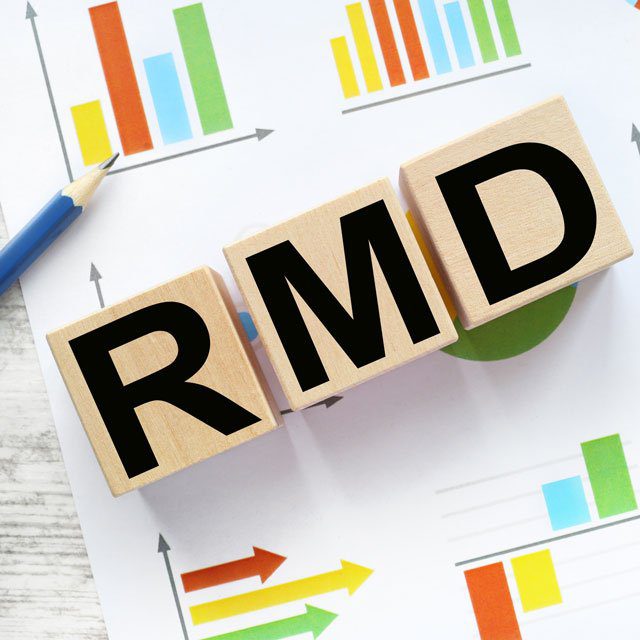Tax Court Rules on New Secure 2.0 Limits for IRA-Related Penalties

What You Need to Know
Secure 2.0 established a six-year statute of limitations on the 6% excess IRA contribution penalty and a three-year SOL on penalties for missed RMDs.
A petitioner appealed an $8.4 million penalty he had racked up over 11 years after a rollover he made was determined to be ineligible.
The tax court found that the the new SOLs were not retroactive, leaving the petitioner on the hook for the full amount.
A recent tax court decision found that the new six-year statute of limitations on the 6% excess IRA contribution penalty is not retroactive, according to Sarah Brenner, director of retirement education at Ed Slott & Co.
The time limit, along with a three-year statute of limitations on penalties for missed required minimum distributions, were established by the Setting Every Community Up for Retirement Enhancement (Secure) 2.0 Act, Brenner wrote Tuesday in a blog post.
In Couturier v. Commissioner, the tax court ruled on Feb. 28 “that the SOL for the excess contribution penalty should NOT be applied retroactively,” Brenner states, and thus the petiotioner was still on the hook for a multimillion-dollar penalty.
The case, Brenner stated, “arose from a last-ditch appeal by Clair Couturier who had previously been found to have owed $8.4 million in excess contribution penalties after he attempted to roll over $26 million in plan funds he received in a buyout package.”
A ‘Ton of Problems’
In separate comments to ThinkAdvisor Wednesday, Brenner relayed that the Couturier case “involved a large rollover from a plan that had a ton of problems.”
Ultimately, the IRS “determined that about $25 million in funds were ineligible for rollover,” Brenner explained. “When ineligible dollars are rolled over to an IRA, that creates an excess contribution in the IRA. This is actually one of the more common ways an excess contribution can happen and that surprises people!”
Couturier, who did the rollover, “was subsequently hit with a 6% excise tax (penalty) for each of 11 years, resulting in a total excise tax of $8,476,705,” Brenner said. “Yikes!”
IRS Form 5329
Prior to Secure 2.0, the statute of limitations for both penalties “was not considered to start to run” until IRS Form 5329, Additional Taxes on Qualified Plans (including IRAs) and Other Tax-Favored Accounts, was filed, Brenner explains.




